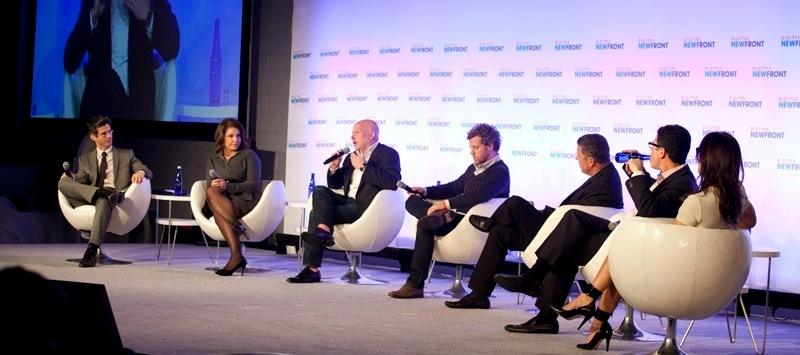
A lot of conferences will offer a session with a panel. A panel is typically a group of speakers who come to together to discuss a certain topic. A panel could be a group of professionals that all share the same expertise, or perhaps, each bring a unique talent to the table. Better yet, a panel can be made up of rivals or experts who have very different opinions and share opposing views. Sometimes, the more diverse you can make the panel, the more interesting it is for your audience. However, it could get messy. Here are several tips on how to rock a speaker panel at your next event:
Have a Good Moderator: The moderator can really make or break your panel discussion. You want someone who has moderated panels before. He needs to be well versed on the topic and know something about each panelist. A moderator needs to be a guide, not an entertainer. The audience is not there to hear the moderator. The moderator needs to be able to move the conversation along. The moderator must make sure that every panelist gets adequate time to speak. A good moderator should always stay neutral. The moderator is not there to be an expert or part of the panel. He is not there to show the audience how much knowledge he has. He is simply there to moderate. A moderator should be firm and direct, yet personable.
Set Your Stage: Many conferences set up their panels behind long conference tables with big thick table cloths. The moderator then looms over them, usually behind a podium. Sounds impersonal, doesn’t it? Instead of closing off your panel from the audience, invite them to sit in chairs close to the front of the stage. Make sure everyone has a microphone, and make sure that the moderator is close to the panelists but not so close as to confuse them with the panelists.
Involve Your Audience: Many times, panels can start off boring and then go from bad to worse. They may start out strong, and then, within 10 minutes, the audience is doodling or checking phones. Get the audience involved early. Poll the audience before the panelists even begin. Have members of the audience stand up if they have a Twitter account or have been on a panel before. Whatever the question may be, get the audience involved and interested. This will set the stage for the rest of the event. You want your audience to know it is are part of this discussion.
Size of Panel: The size of the panel is critical. Too small of a panel, and it may as well be a key note or solo presentation. Too large of a panel, and you could have utter chaos. The typical rule of thumb is between 5 and 6 panelists. Most likely someone will cancel last minute, so if you have at least 4 panelists, you are still safe and can have a productive and useful discussion.
Q and A: Always leave at least 15-20 minutes for a question and answer period. A good moderator will have an audience member ready with a question in case you have a quiet audience. The moderator could also have a few extra questions that he can ask the panel in case the audience isn’t volunteering. The moderator should also make sure that each panelist gets a chance to answer a question and that they don’t talk for too long.
Educate Your Panelists: Make sure you have talked to your panelists before the conference so they know what to expect as far as location and logistics. It is also wise to tell them what your expectations are as the conference planner. What do you hope the audience gains from the panel? Remind them of the other panelists who will be there and to limit their comments to 2-3 minutes. Also suggest that they leave some time in their schedule to stick around for a few minutes after the panel discussion in case any audience members would like to speak with them on a one-on-one basis.
As you can see, there is a lot of planning and logistics to keep in mind when it comes to putting on a panel discussion. However, if done well, it can be a very positive and educational event for all involved!
(photo courtesy of Digitas Photos)